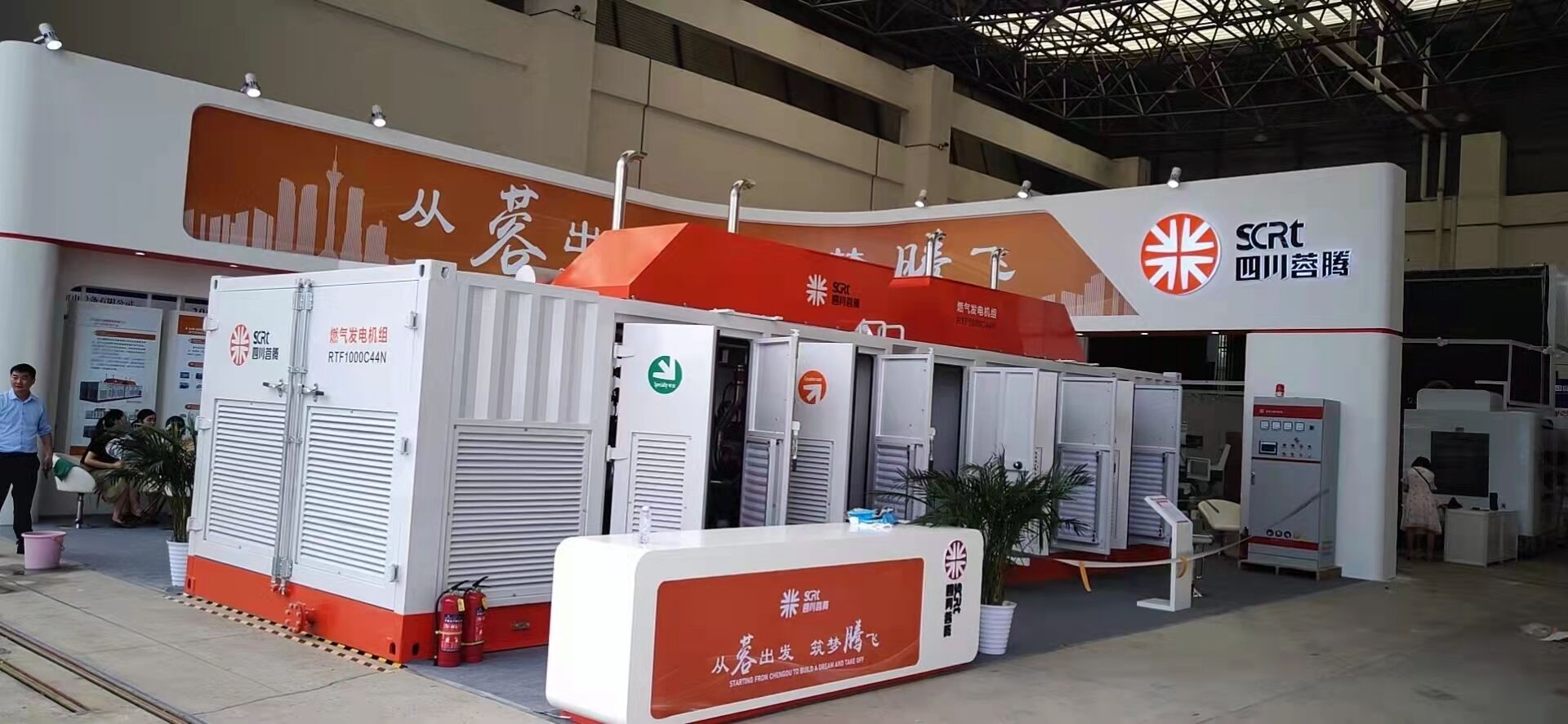
Natural gas extracted from underground is not immediately usable as a clean energy source; it is actually a complex mixture containing methane, water vapor, carbon dioxide, hydrogen sulfide, nitrogen, and even mercury. Therefore, the natural gas purification process plays an indispensable core role, serving as the key bridge that transforms this unstable, potentially hazardous raw material into a safe, efficient, and pipeline-grade commodity. The importance of this process is evident on multiple fronts: its primary significance lies in ensuring safety. By removing highly toxic and corrosive hydrogen sulfide (H₂S) and harmful mercury, it significantly safeguards the safety of operators, the public, and the surrounding environment, serving as a critical defense against catastrophic accidents.
Secondly, the purification process is crucial for protecting the substantial investments in infrastructure and ensuring the reliability of energy supply. Impurities such as water and carbon dioxide form acidic substances that severely corrode pipelines and equipment, leading to soaring maintenance costs and unexpected shutdowns. Through purification, equipment lifespan can be significantly extended, ensuring stable and continuous energy transmission. Additionally, the process ensures the product meets stringent pipeline gas quality specifications, which serve as the prerequisite for natural gas to enter the national transmission network and be commercially sold.
Furthermore, the purification process directly impacts project economic returns. Natural gas is priced based on its calorific value (BTU content), and inert gases like nitrogen and carbon dioxide dilute the calorific value, thereby reducing product prices. More importantly, the purification process can separate valuable natural gas liquids (NGLs) such as ethane and propane, creating additional revenue streams. From this perspective, purification is not merely an operational cost but a critical investment in enhancing asset value. Finally, in the modern energy landscape, the purification process also bears the responsibility of reducing environmental impact by capturing greenhouse gases like carbon dioxide, helping companies comply with environmental regulations and transition toward more sustainable production models.
In summary, natural gas purification is far more than a simple production step; it is the cornerstone of safe, efficient, compliant, and profitable operations across the entire natural gas industry.

Copyright © Sichuan RongTeng Automation Equipment Co., Ltd. — Privacy Policy